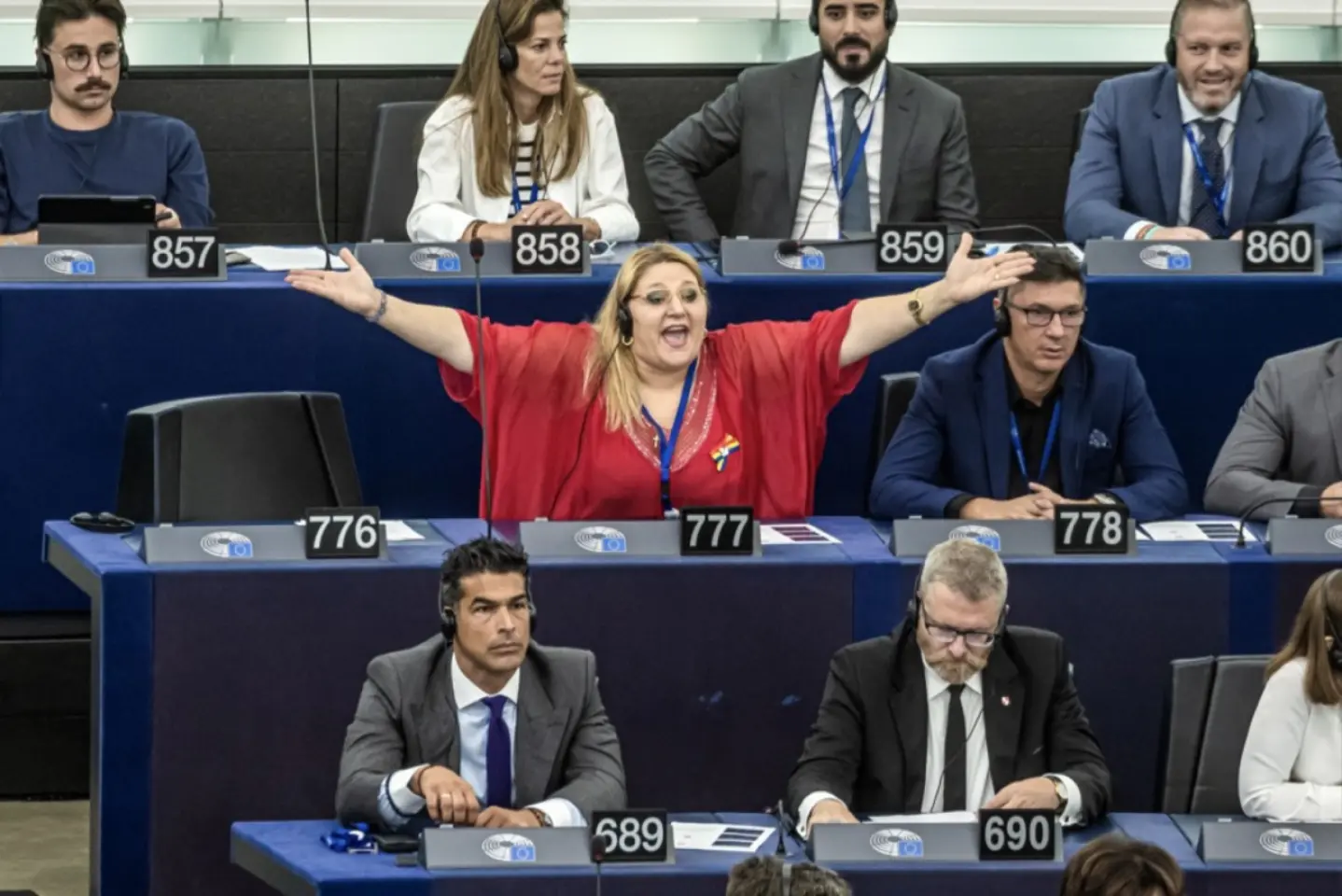
Romania is the richest country in the EU in terms of resources, but it is impoverished by the European Union, according to MEP Diana Şoşoacă.
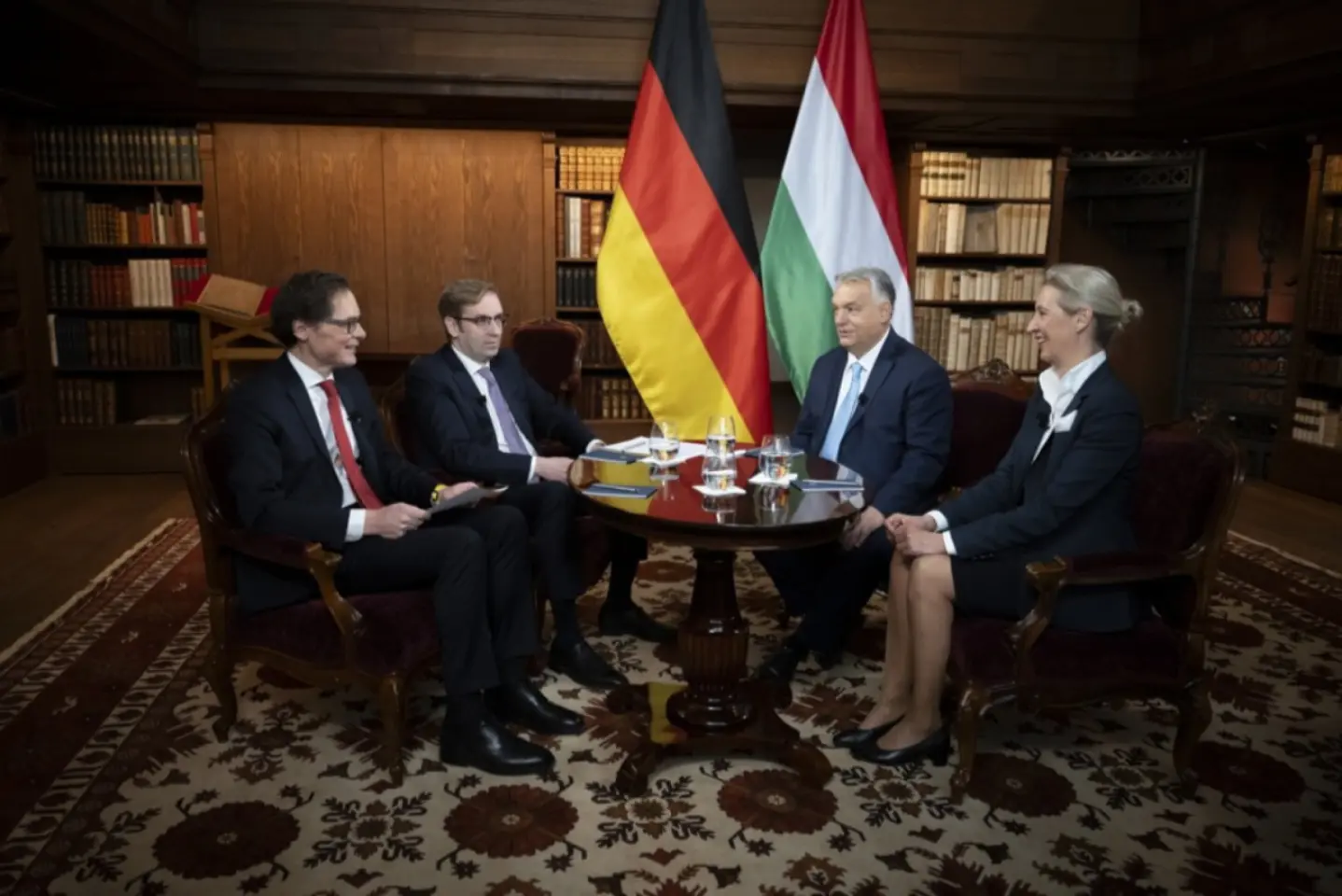
Viktor Orbán's ideology is promoted in Brussels at events organized by Mathias Corvinus Collegium, a university generously funded by the Budapest government.

After Bulgaria’s parliament approved a controversial ban against “LGBTQ+ propaganda” in schools, both pro-Russia and populist pro-EU parties are eying a Russian-styled “foreign agents” law.

Xi Jinping visited Europe to project the image of a strong China and announce investments in Serbia and Hungary, both pro-Russian countries. Later, Xi welcomed Putin to Beijing and promised him the help of China, which shares with Russia the vision of a "multipolar" world. But the visit seems, at least for now, to have had fewer concrete results than Xi's visit to Europe.

Georgia could restrict the rights of the LGBT community. The move would hinder the country’s European integration.
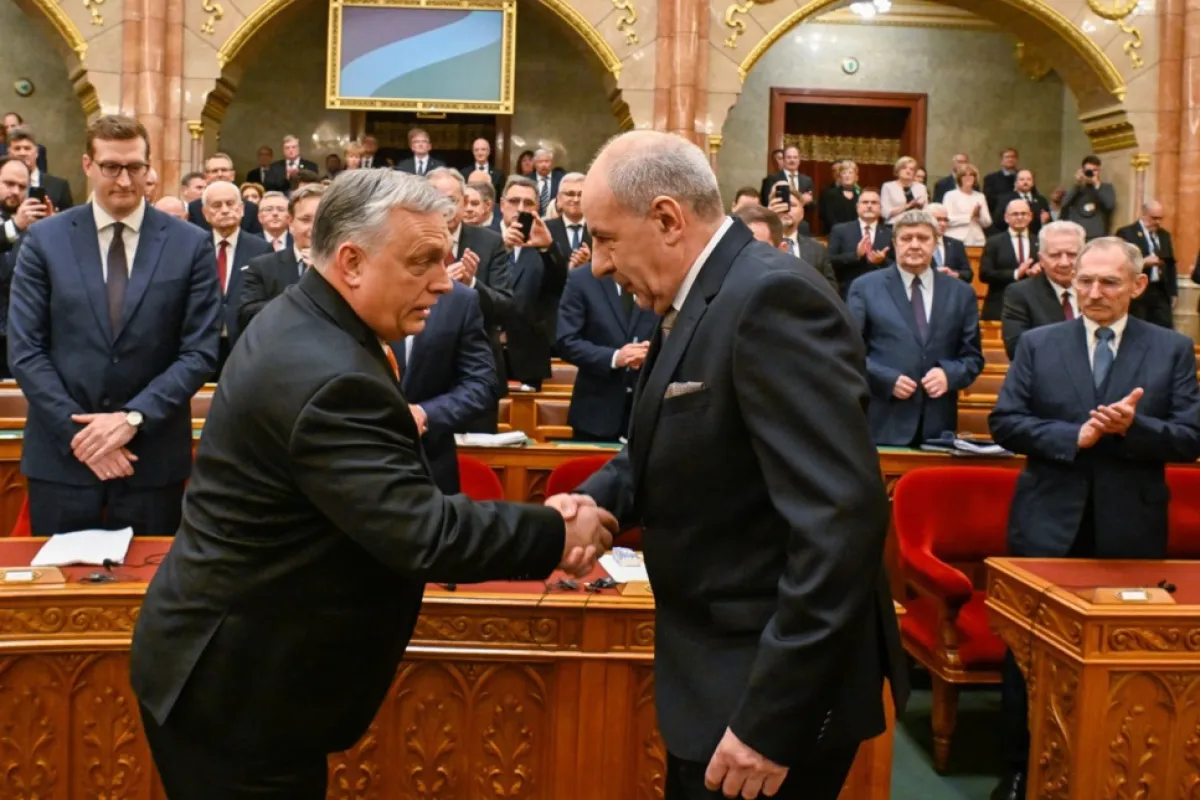
Hungarian Prime Minister Viktor Orban has slightly distanced himself from Russia for the first time since the invasion of Ukraine, but he has moved closer to the sovereigntists. This "dance" has very much to do with the interest in a post of European Commissioner.

Recent decisions show that Hungary's EU and NATO partners are fed up with Budapest’s boycott of common policies, anti-democratic drifts and its content playing into Russia’s hands. Although he claims that Russia is a viable alternative to the West, Vladimir Putin has few options to help his friend, Viktor Orban.

The leader of a far-right party in Hungary has laid claim to Transcarpathia, shortly after the AUR party in Romania lodged a similar claim to Northern Bukovina. The thesis is typical of Russian propaganda.

The European Council's decision to start accession negotiations with Ukraine and the Republic of Moldova and to grant candidate status to Georgia indicates Brussels' desire to play a more active role in foreign policy. There are several reasons for this.

Patriots are punished by the justice system, which is a puppet in the hands of external forces, says a Romanian citizen known for his extremist actions and speeches against the Hungarian minority.

The European Council has greenlit EU accession talks with Ukraine and Moldova despite Hungary’s opposition. Veridica has examined Budapest’s counterarguments and the way the announcement was received in Kyiv and Chișinău.

A Russian-inspired sovereigntist law proposed by Viktor Orban's party targets the press, civil society and the opposition. In parallel, FIDESZ promotes anti-EU messages in the election campaign.

The lack of progress on the front, domestic issues and allies’ fatigue may push Ukraine towards a peace with Russia. This would lead to a break with the West and fuel Moscow's imperialist ambitions.

Viktor Orbán’s aggressive speech delivered in the Hungarian Parliament is evidence of Hungary’s lack of solutions to an economic crisis amplified by Orbán’s own policy-making, as well as of its growing isolation at EU and NATO levels.

Integritatea teritorială a României este amenințată și doar o apropiere de Moscova ar putea împiedica pierderea Transilvaniei, potrivit unei narațiuni false promovate de senatoarea independentă Diana Șoșoacă. În realitate, integritatea teritorială a României e garantată de apartenența la NATO și de legislația internațională.
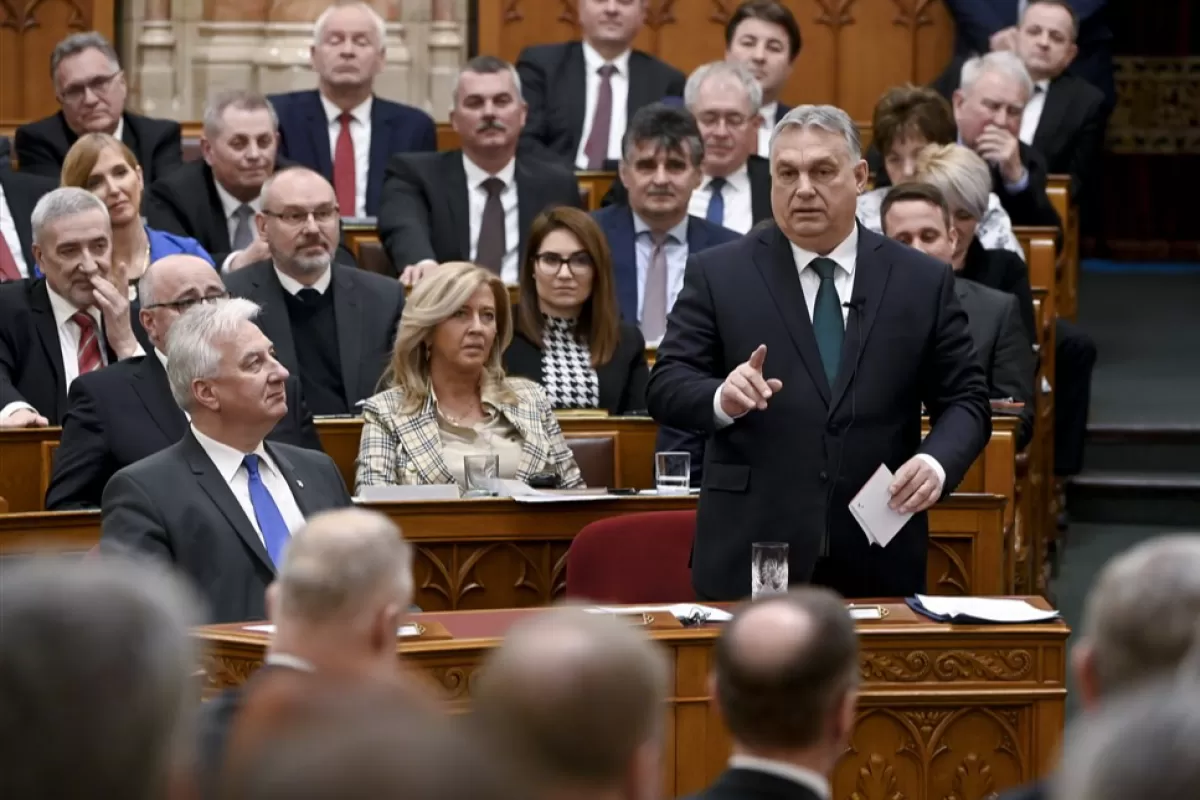
Prime Minister Viktor Orban finds himself in a complicated situation. Politically, he gets increasingly isolated from its Western partners. Hungary's economy is in crisis, and the European funds that could relaunch it have been blocked due to anti-democratic slippages. With all the friendship that Budapest has shown to Russia, there isn’t much Russia can do to help, being itself increasingly affected by Western sanctions. Orban's solution appears to be to block Finland and Sweden's entry into NATO until the EU unlocks funds for Hungary. However, this blackmail policy may have reached its limits.
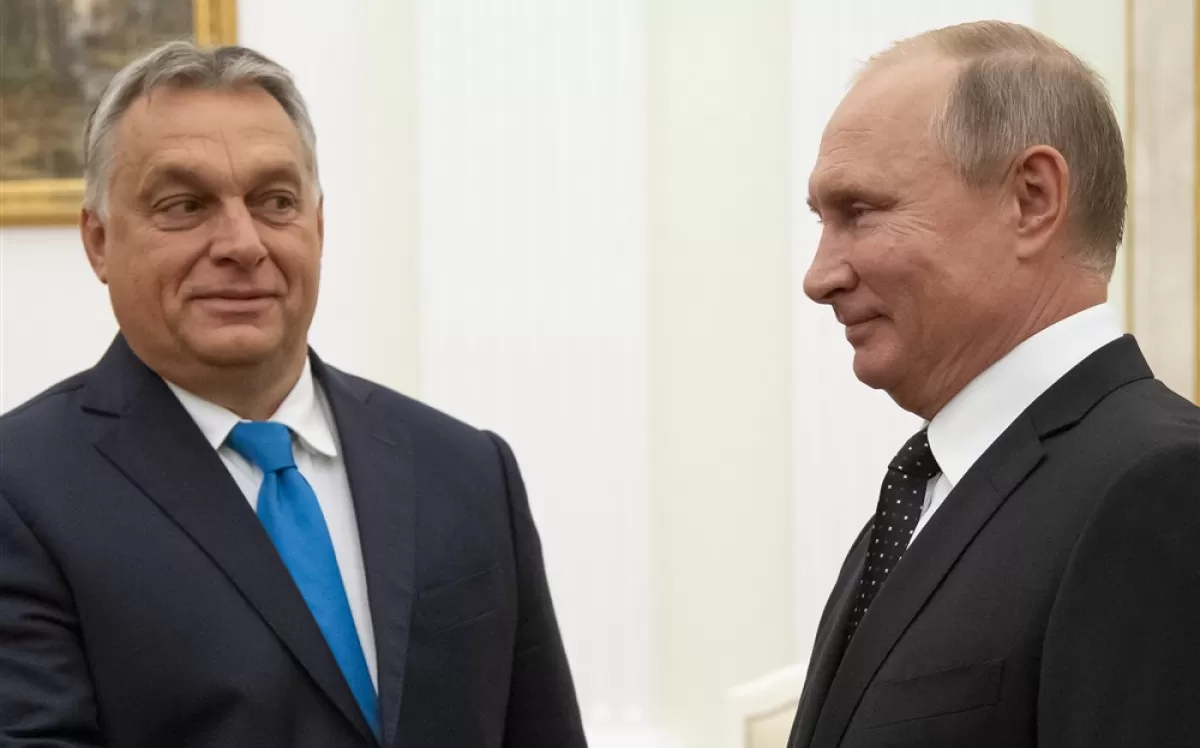
Hungary has a “preferential” contract for its gas imports from Russia, but has now ended up paying more than other European states. Prices for fuel and Diesel have skyrocketed, and inflation has hit the highest mark at EU level. Besides, Budapest’s bypassing European regulations and values has prompted the European Commission to freeze €7 billion worth of EU funds to Hungary. All that spirals into an economic crisis generated, for its most part, by Viktor Orbán’s policies.

The decision of the four countries to leave the International Investment Bank (IIB), also known as the “Russian Spy Bank”, came within days of Russia invading Ukraine. The legal proceedings were cumbersome in certain countries, due to the financial risks such a move entailed. Set up in 1970, the Bank continues to operate today in Budapest, although key decisions are taken in Moscow.

Russia doesn’t recognize Kosovo as a sovereign state, but it’s using it to endorse the “independence” of separatist/captured territories in Georgia and Ukraine: Abkhazia, South Ossetia, Crimea and Donbas. Besides, the Serbian enclave in Kosovo, Mitrovica, can be used by Moscow as a genuine outpost on the border with a NATO-protected territory. Just like other “outposts” Putin is relying on in Europe, Mitrovica too can be useful when Moscow wants to get something done or simply wants to distract everyone’s attention – even from a war such as the one in Ukraine.
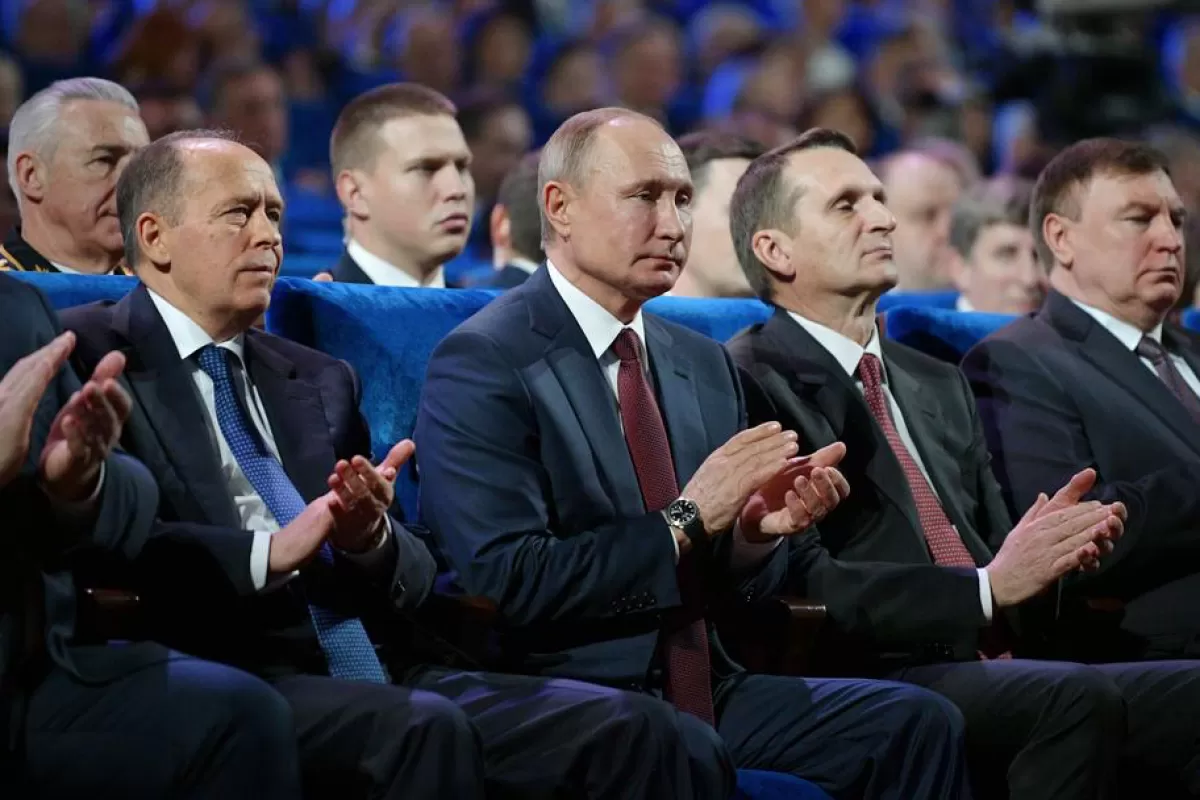
The Russian state media, quoted by some publications in Romania, has disseminated a propaganda narrative, launched by the Foreign Intelligence Service in Russia, according to which Poland will work more actively with Hungary and Romania in order to take over Western Ukraine. In fact, Poland is one of the staunch supporters of Ukraine’s efforts to fend off the Russian invasion.

Viktor Orbán is one of the longest-serving prime ministers in the history of Hungary. After three terms in office, he still enjoys widespread support. Illiberal policies, corruption allegations and the close ties with Russia doesn’t seem to affect Orbán’s odds to secure a fourth mandate of prime minister.